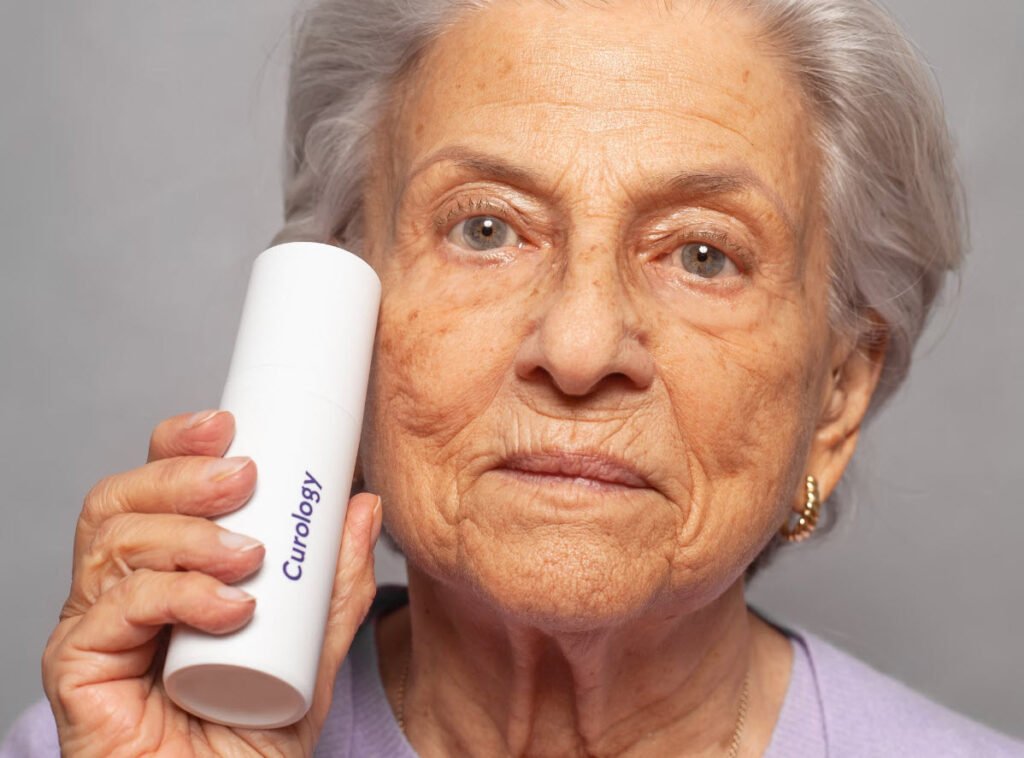
The quest for youthful, radiant skin often prompts the question: when is the right time to start using anti-ageing products? While there’s no one-size-fits-all answer, there are key considerations for incorporating specific products at different stages of life.
In this guide, we’ll explore the optimal times to introduce anti-ageing ingredients into your skincare routine.
1. SPF: From Birth, with Caution
Technically, sun protection is essential from birth, but most companies recommend waiting until your baby is at least 6 months old before using SPF. Protecting your little one from direct sunlight is crucial for their delicate skin. As you age, continue to prioritize SPF to shield your skin from harmful UV rays, preventing premature ageing and reducing the risk of skin cancer.
2. Vitamin A: Around 30+
If you have acne, your doctor may prescribe a retinoid, a derivative of vitamin A. Otherwise, for general anti-ageing purposes, consider incorporating vitamin A into your routine around the age of 30 or earlier if you’re exposed to factors like excessive sun or smoke. Vitamin A, commonly found in retinol products, promotes skin renewal and collagen production, reducing the appearance of fine lines and wrinkles.
3. Glycolic/Lactic/Salicylic Acids: Age 25+
The use of exfoliating acids—glycolic, lactic, and salicylic—depends on your lifestyle and skin type. For those with acne, salicylic acid can be used topically. However, glycolic and lactic acids can be introduced into your routine from the age of 25 onward as needed.
These acids exfoliate the skin, promoting cell turnover and maintaining a youthful complexion.
4. Vitamins C and E: From the Start
Vitamins C and E are antioxidants that protect the skin from free radicals, promoting a healthy and youthful appearance. You can start incorporating these vitamins into your skincare routine from the very beginning. Look for products that contain these ingredients to enhance the overall health of your skin.
5. Niacinamide: 25+ Depending on Lifestyle
Niacinamide, also known as vitamin B3, is beneficial for skin health and can be introduced into your routine around the age of 25, depending on lifestyle and skin type. If you have acne, niacinamide can be particularly helpful. This versatile ingredient helps improve the skin’s texture, balance oil production, and reduce the appearance of fine lines.
6. Collagen and Menopause Connection: Start Early
For women, collagen production is directly linked to ovarian activity. The skin is often at its best during peak fertility. As you approach menopause, you’ll notice significant changes in your skin and overall system.
Collagen loss becomes more pronounced, resembling the removal of scaffolding that supports facial structure. Start taking care of your skin during adolescence, and intensify your routine around the age of 35, especially if you undergo early menopause or a full hysterectomy.
Conclusion
The key to effective anti-ageing skincare is personalization and consistency. Tailor your routine to your skin’s unique needs and lifestyle factors. Remember to include SPF throughout your life, and if you smoke, prioritize the use of anti-ageing products to counteract the additional stress on your skin. Start early, stay consistent, and embrace the journey towards healthy, age-defying skin.








